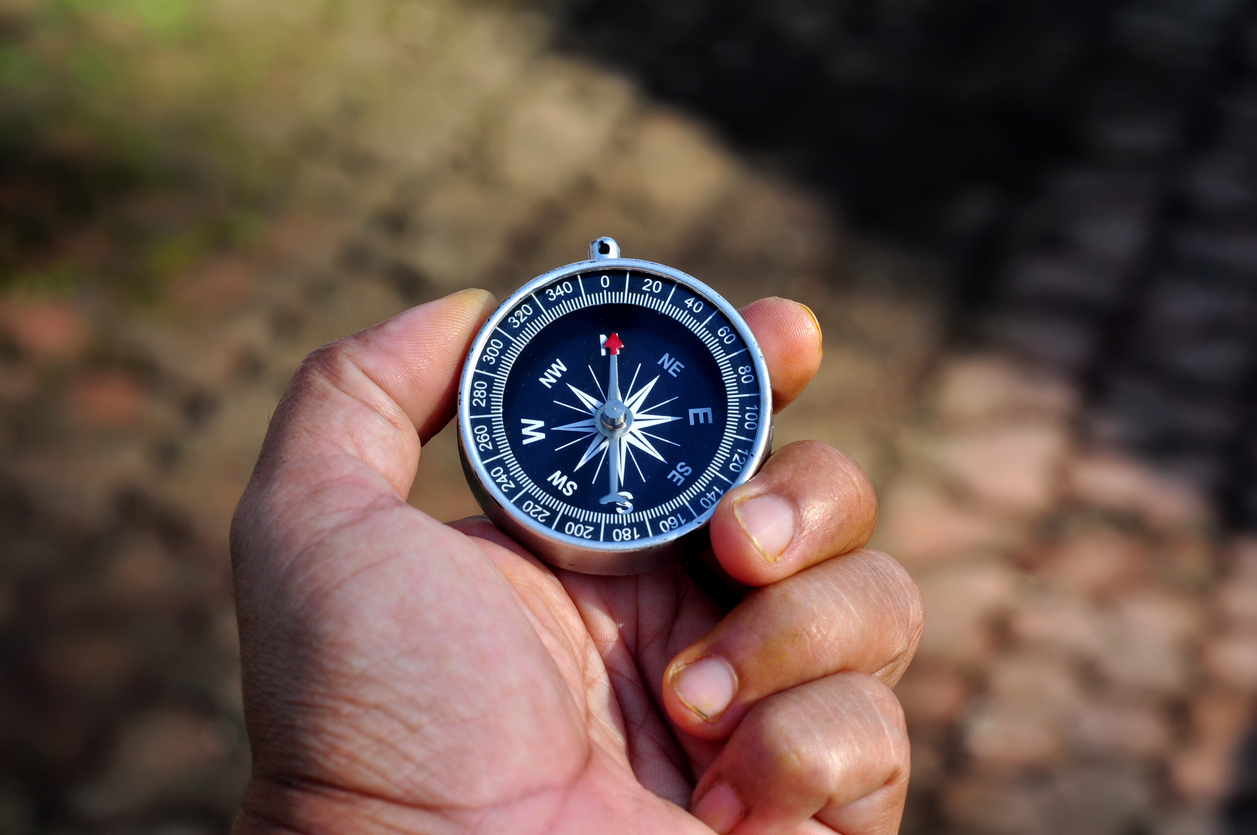Why learning about history can help us make sense of national stereotypes
Why are Americans so extroverted? Why are Asian students so focused on rankings? We should avoid stereotyping students – but studying history can help put trends into context

When we move to a new country or work with people from a particular cultural group, we naturally make observations about their behaviours.
For instance, when I moved to the US for my university studies, I wondered, “Why are Americans so extroverted and good at self-promotion?”
College counsellors at international schools may interact with a dazzling number of nationalities in a given day – so we may be prone to wondering similar things in our workplace as well. As a Korean national, I have heard colleagues muse, “Why are South Korean students so competitive?”
These traits can show up in the application process in sometimes frustrating ways. For instance, “Why are Asian families so focused on rankings?”
Our musings often end there. However, examining the reasons behind these behaviours may lead to a deeper understanding of the students we work with. And the reasons can be found not only in their home country’s cultural values, but also the country’s history, socioeconomic situation, demographics and even geography.
Why context matters
It’s important to point out that these observations are generalisations. There are, of course, Koreans who are not competitive, Asian students who aren’t focused on rankings and Americans who aren’t extroverted and self-promoting. We may be hesitant to draw sweeping conclusions to explain away the behaviour of an individual – and, indeed, holding our immediate conclusions in check does result in respect and care for the other.
However, culture is a powerful force that undeniably shapes our behaviour. We should acknowledge this, while aiming to avoid generalisations – admittedly, a delicate balance.
Is there a psychological rationale as to why we should learn about the culture and home country of our students and parents? Yes, there is: to avoid bias.
A very common cognitive bias we have as humans is that when we observe a behaviour, we chalk it up to the person’s character (the fundamental attribution bias). For example, when somebody cuts in line in front of you when you’re driving, your automatic response may be to think that they’re a terrible person. However, maybe their partner just delivered a baby or they’re late to an extremely important job interview. We will never know. The point is that recognising that there are contextual factors – not inherent character flaws – that drive behaviours helps us to be more understanding.
And culture is a significant contextual factor. As educators working with students and parents from different cultures on a daily basis, this is an important aspect of our job.
Living in a bubble
It is also important to acknowledge the unique context of our role and the international school. College counsellors at international schools are often guests in the country, and we have a lot on our plate already. And international schools are bubbles removed from the local context – to the effect that local students attending an international school for a long time are also classified as third-culture kids.
Finally, the students we work with are usually from the upper classes. Socioeconomic status can come with its own strong defining characteristics, which may override cultural tendencies, especially in a globalising world. All these factors admittedly may constrain our ability to gain a deeper understanding of our students’ culture or our resident country’s.
However, we still shouldn’t give up trying to understand the fabric of the country we have decided to live in, or the cultures our students are from. This is part of raising cultural competence, a crucial element of our professionalism as international educators.
How learning about another culture can enhance our understanding
So, what type of knowledge can we seek about the cultures and nations we are a guest of? There are the salient cultural values. Beyond that, learning about the country’s education system, modern history, socioeconomic trends, demographics, communication styles and even geographical features may be helpful.
For instance, to make sense of the earlier comment, “Why are Koreans so competitive?” I will draw on my knowledge about Korea. Granted, this is knowledge I picked up as a result of my nationality and not via intentional learning as a guest – it would be difficult for me to make the same level of observation about China or the US.
Local education
Local Koreans take the CSAT, which is an extremely competitive and challenging exam. This determines your university standing, which is perceived essentially to determine your standing in society. Koreans take this exam so seriously that, on the day of the test, even the flight schedule is modified – planes do not take off during the English listening portion of the exam, to ensure that students are not distracted.
Although our own students at international schools are not taking this exam, they witness their relatives and friends back at home taking it. And the fact that the nation as a whole takes education extremely seriously is reflected in statistics – Korea is also known for having the highest rate of higher-education enrolment among OECD countries.
Modern history
South Korea went through a period of rapid industrialisation and economic growth during the post-war period. This legacy means that there is a strong societal belief in education and hard work as the pathways to success. This may lead to a competitive mindset, because spots at what are considered the top universities in the nation are naturally limited.
Geography
South Korea is one of the most densely populated countries in the world, with limited natural resources. This means that people are able to observe each other literally from up close, leading to a culture of comparison. The nation as a whole heavily relies on human capital for economic development, which is nurtured through education.
Also, there’s a big divide between the perception of quality of life and universities in Seoul versus the rest of the nation – so students all want to study in universities located in Seoul, and a particular set of them. This results in increased competition.
Cultural values
Confucianism has a strong hold in Korea. Among its values, such as filial piety and respect for authority, is the importance of education. The sense of duty and the importance placed on education by the whole family can intensify competition.
Sociological trends
Social stratification can depend on education – there are unique terminologies devoted to this (hak-beol). There is even a popular K-drama, Sky Castle, about how upper-class parents and students aim to secure their children’s acceptances to the best universities.
The notion of social hierarchy is not one that’s actively questioned, as it is another value of Confucianism. Against this backdrop, competition can intensify.
Economics
The job market is intensely competitive in Korea, with an abundance of college graduates seeking white-collar jobs.
Demographics
The birth rate is one of the lowest in the world. This is not the source of the intense competition, but the effect of it.
Further research is needed
In the same vein, why might Asian families focus on rankings or Americans be extroverted? I hope it makes sense how drawing on larger trends of the culture and country can help us be more understanding of behaviours that may puzzle us initially.
Where can we start? ChatGPT is quite good at answering these types of questions. Or have a chat with a local colleague or history teacher. Make local friends. Listen to podcasts or find an educational YouTube channel. Read a book or two about the country.
Understanding the country will help us understand the students we are working with and the decisions they are making. By doing so, we can truly become student-centred college counsellors.



